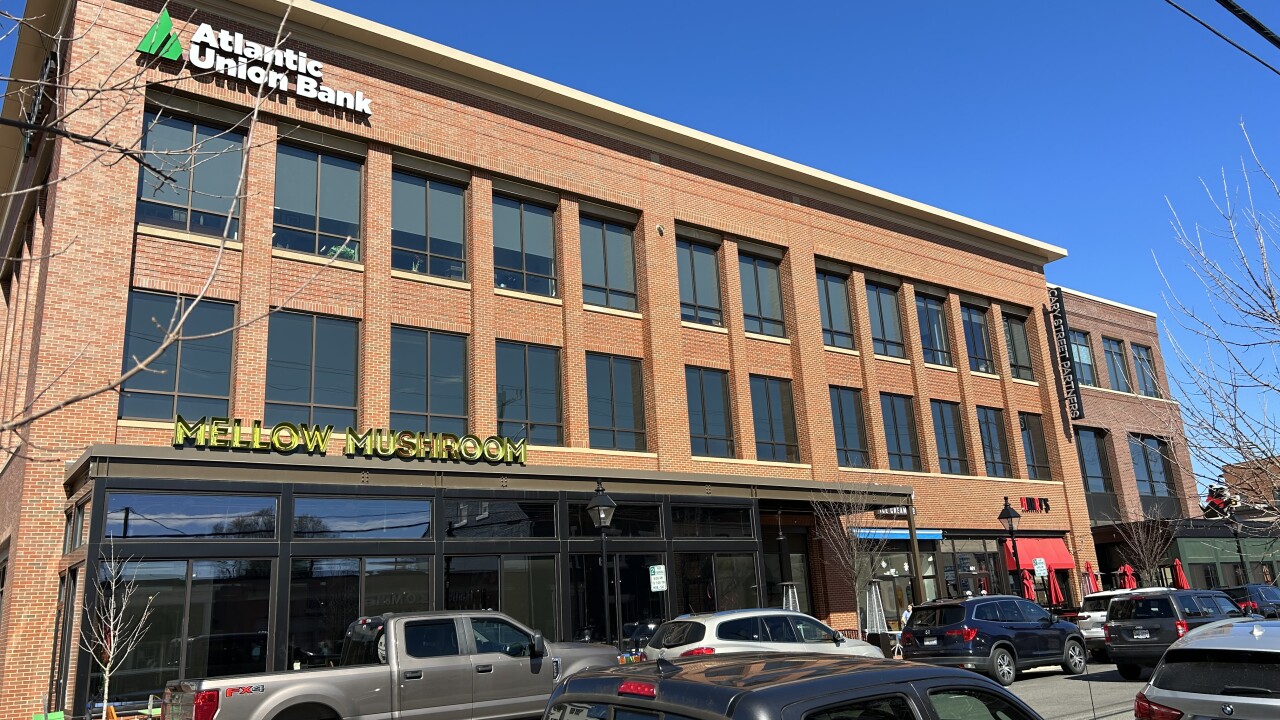SumUp, a U.K.-based mobile point of sale company, needed a way to differentiate itself from larger rivals such as PayPal, Square and iZettle.
Its solution is to offer faster settlement, in partnership with
Starling, which is a direct member of the U.K.’s Faster Payments scheme, enables SumUp’s clients to receive their funds on the next business day instead of the three to four days normally taken by acquirers using slower bank transfers. Shortening the payout time is particularly important for small merchants so they can improve their liquidity.

According to Aite Group, Britain’s mPOS market for small and medium-sized enterprises is dominated by iZettle, with a 33% share. The consultancy’s report “Dynamics of the U.K. Mobile Point-of-Sale Market” says that SumUp has 4% of that market, while WorldPay and Square both have 9% and PayPal has 7%.
Before the advent of low-cost mPOS devices, smaller merchants often preferred to accept cash because of the high cost of traditional card payments.
“If we want to compete with cash, then we need to provide faster payments to our merchants,” said Dimitri Gugunava, SumUp’s vice president of banking and acquiring. “Quicker payouts is an important step, which we were able to take through our partnership with Starling.”
London-based Starling has integrated its payments APIs with SumUp so that it can transfer funds via the Faster Payments scheme to SumUp’s merchants. SumUp and Starling announced their partnership in July, and SumUp’s white-labeled faster settlement service is now live.
“SumUp is putting all its U.K. volumes through us,” said Yasamin Karimi, head of product in Starling’s banking services division. “We don’t cut out the card processing fees for SumUp’s clients, but we aim to improve merchants’ cash flow and risk through Faster Payments. If it takes four days to settle, then not only is this bad for smaller merchants’ cash flow, but there is a risk of chargebacks or requests for refunds.”
SumUp enables merchants to accept card payments using its proprietary mPOS card readers. The firm processes card-present and card-not-present transactions, and operates in 31 countries. Its 1.5 million users worldwide include the
“SumUp is a strong competitor, particularly in the small business segment,” Aite Group’s U.K. mPOS report says. “It is growing faster than the competition, combining a highly rated customer proposition with aggressive pricing. SumUp is also successful in targeting large enterprises that require mobile solutions, e.g. for deliveries.”
SumUp, like Square and iZettle, acts as the merchant of record for its portfolio of SMEs. It aggregates its clients’ transactions in a single merchant account held with an acquirer which provides settlement and reporting.
Starling’s banking services business provides
As Starling is part of Faster Payments and has a settlement account at the Bank of England, its payments-as-a-service clients don’t need to join Faster Payments and maintain accounts at the central bank.
“We spare them all the regulatory compliance, costs, and tech integration that are necessary for joining Faster Payments,” said Karimi. “Starling’s agreement with SumUp isn’t exclusive, and we’re open to working with other U.K. payment processors through our business services division."
Starling offers payments-as-a-service on a per-transaction basis instead of fixed monthly fees.
As Starling doesn’t have direct relationships with SumUp’s clients, it conducted a detailed KYC/AML compliance review of SumUp, including a third-party assessment of its AML controls to ensure it has robust processes in place.
“We monitor this on an on-going basis and reserve the right to request information on SumUp’s merchants if required,” said Karimi.
SumUp’s merchants aren’t required to open business bank accounts with Starling, and can use any U.K. bank account to receive faster settlement.
SumUp plans to offer a similar faster settlement service for its merchants in various European markets in the near future. However, the infrastructure for digital payments varies across Europe from country to country, with some not being as developed as the U.K., said Gugunava.
SumUp is backed by investors such as BBVA, Groupon, and Holtzbrinck Ventures, and has attracted over €500 million in funding
In July 2019, SumUp obtained a
The same month, Mastercard announced an





